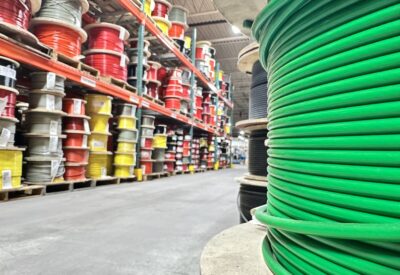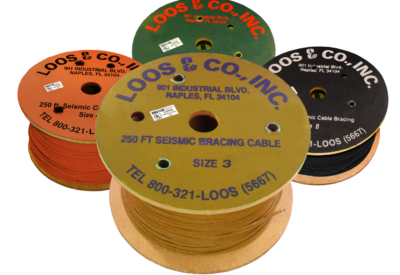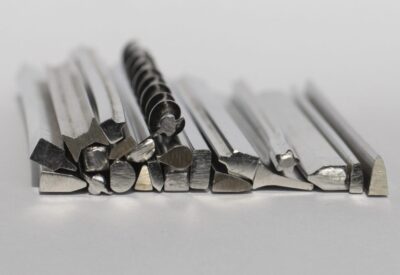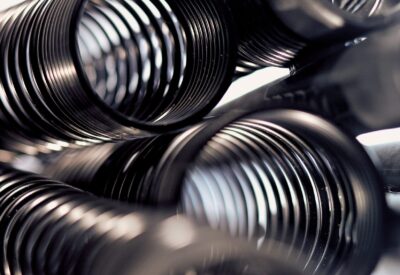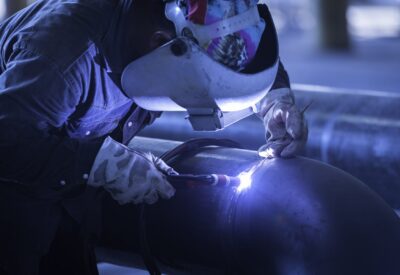Architecture Production and Consistency
Safety, comfort and aesthetics are all crucial in architectural structures. Whether it is a public building, or a home, all architectural materials must be able to withstand harsh conditions over time, to keep the integrity and aesthetic of a structure intact.
Below are our product lines catering to the industry, and the applications of our products in the architecture industry.
Lignes de produits
Involves a meticulous process of extruding a plastic jacket onto avion cable or wire rope, to enhance durability, functionality, and improve aesthetics. More resistant to abrasion than ordinary cables and adds resilience for harsh conditions.
One of the most important structural decisions in a building is seismic force protection. Our seismic bracing cable is easy to install, comes on convenient 250 ft spools, with high certified break strengths to help reduce damage during earthquakes.
Available in stainless, duplex, nickel, copper, brass and carbon alloys, our shape wire is custom manufactured in house to fit specific customer needs. Les tailles de fils profilés que nous proposons sont les suivantes 1,25 mm² à 150 mm ² CSA (Cross Sectional Area).
Corrosion resistant spring wire comes in stainless steel and nickel alloys, boasting excellent coiling ability at high speeds needed no additional lubricant. Manufactured in sizes from 0.022” to 0.625”.
Welding wire produced for various techniques including MIG, TIG and SAW welding. Available in stainless and nickel-based alloys.
Architecture requires durable, corrosion resistant, strong materials to ensure structures rester intact and do not wear down over time.
Here are our product applications in architecture:
Applications des produits
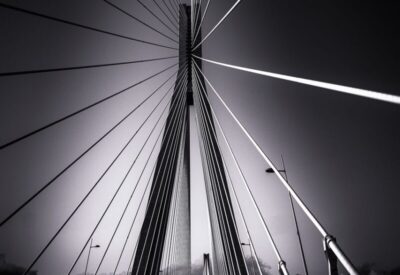
Support Cables
Strong cables can be used in various parts of buildings or other architectural creations. Safety barriers and railings in buildings, bridges and outdoor spaces often use coated cables, for its weather and corrosion resistance as well as strength. These cables create a strong barrier but in bridges specifically also help further support the shape of the structure.

Soudage
Any architectural creation involving metals may need welding repairs at some point due to wear and tear. Choosing the right welding wire and technique ensures quality repairs that will last, saving time and money. When building a structure, a good weld ensures safety and durability that can withstand harsh conditions.
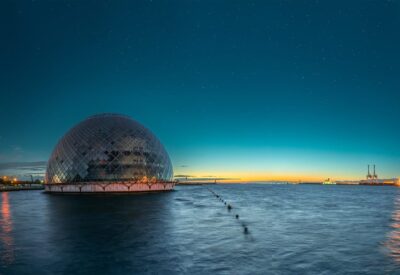
Tensile Structures
Any tensile structure, such as a canopy, dome or tent, requires coated cable that can handle weather and corrosion while keeping the structure sturdy. Flexible cables can create the desired curved or dynamic shape while also maintaining structural integrity through obstacles like corrosion threats and weather. Spring wire can also be used in tensile structures due to the tension loads it can support.
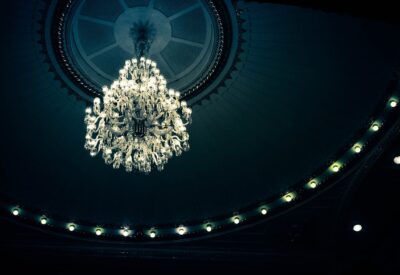
Lighting and Art
Light fixtures or art pieces that are suspended from ceilings, attached to walls, or arranged in three-dimensional forms may require shaped wire or coated cables to keep them in place.
The flexibility and strength of shaped wire allows use as wall mounts or large hooks, while strong coated cables can suspend light fixtures or art pieces in air, depending on the size of the cable and the coating choice.
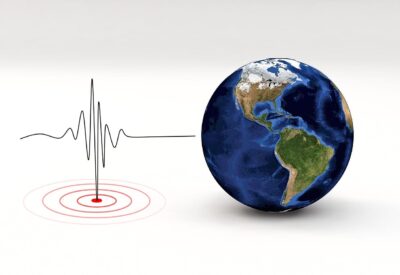
Earthquake Plans
One of the biggest choices when designing a building is what seismic bracing materials to use to mitigate damage risks during an earthquake. For both low-rise and high-rise architecture, our seismic bracing cable is recommended for a few reasons.
It is a very lightweight alternative to rigid pipe bracing, so it is easier to install and transport. It also comes on 250 ft spools for a large inventory that doesn’t take up a lot of space. It also has break strengths well above our normal cables, assisting in risk mitigation during an earthquake.
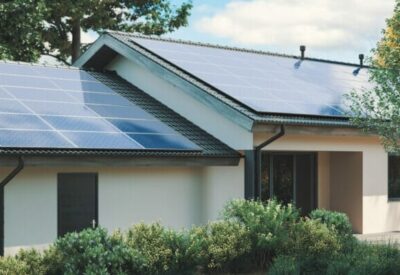
Structural Support
Both shaped wire and coated cable can be used as structural support systems to keep buildings upright and safe. Coatings on cables add durability and strength that does not wear off over time.
Shaped wire, due to its strength, stability and customization capabilities can be utilisé to fit the unique requirements of each project, offering architects greater flexibility in design.

